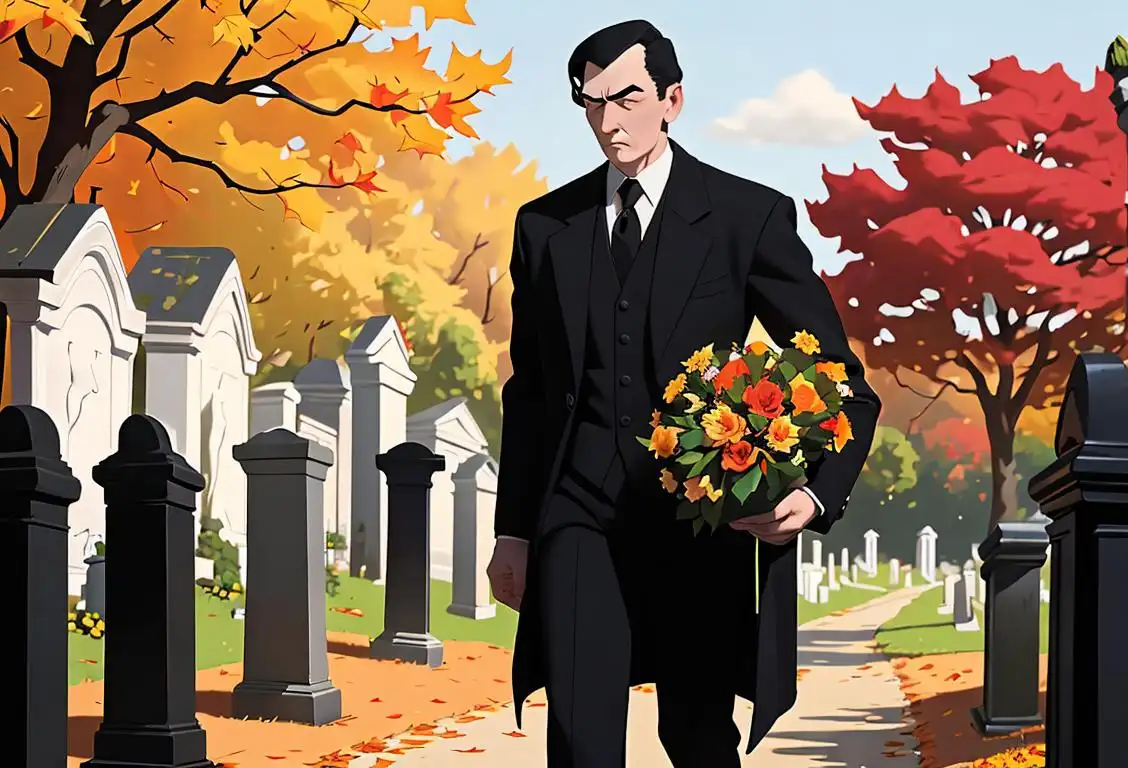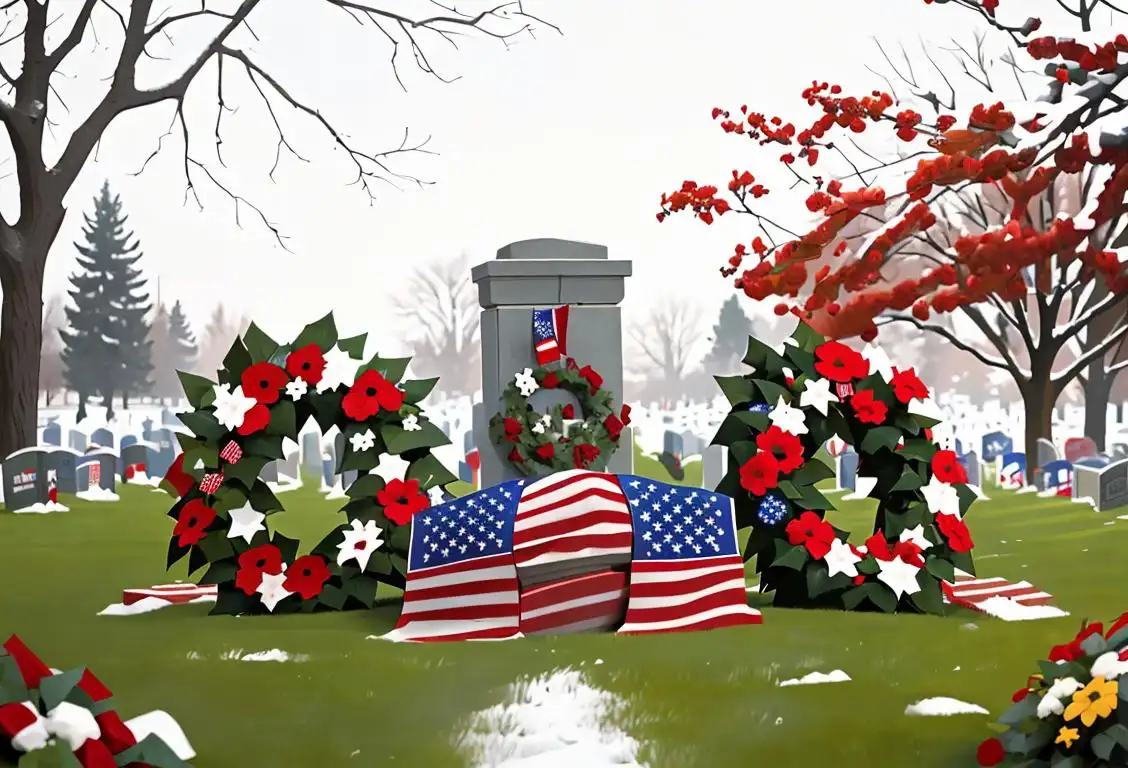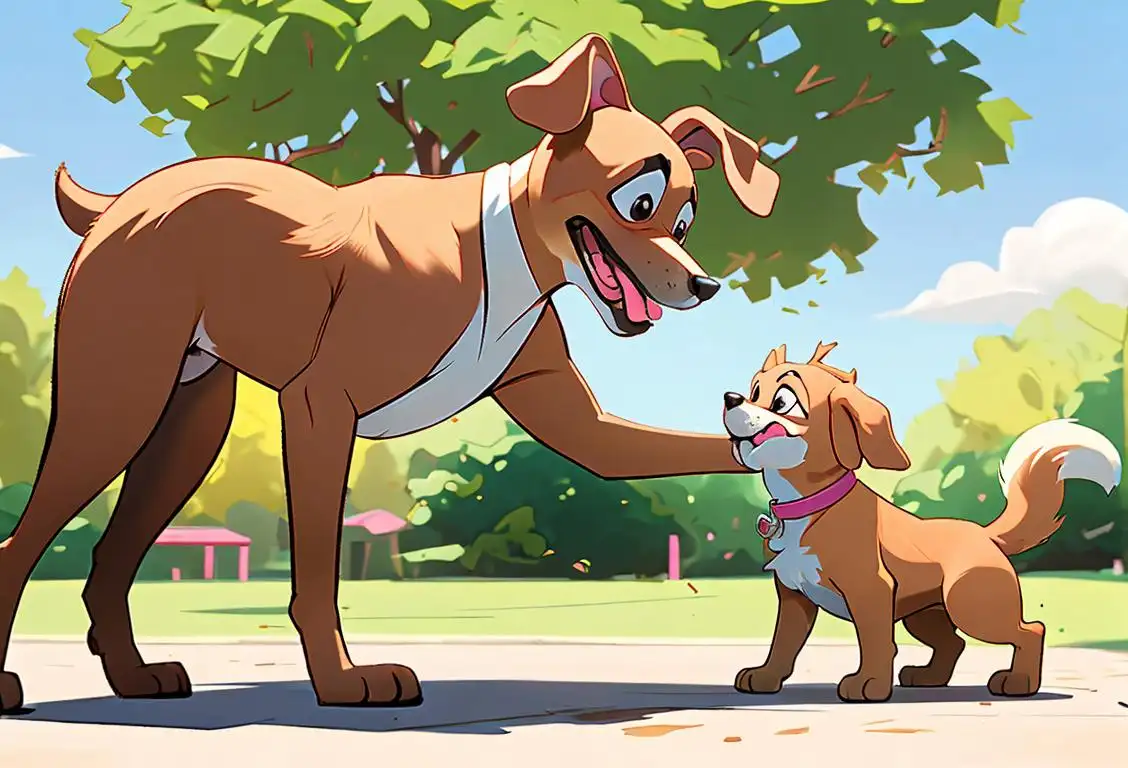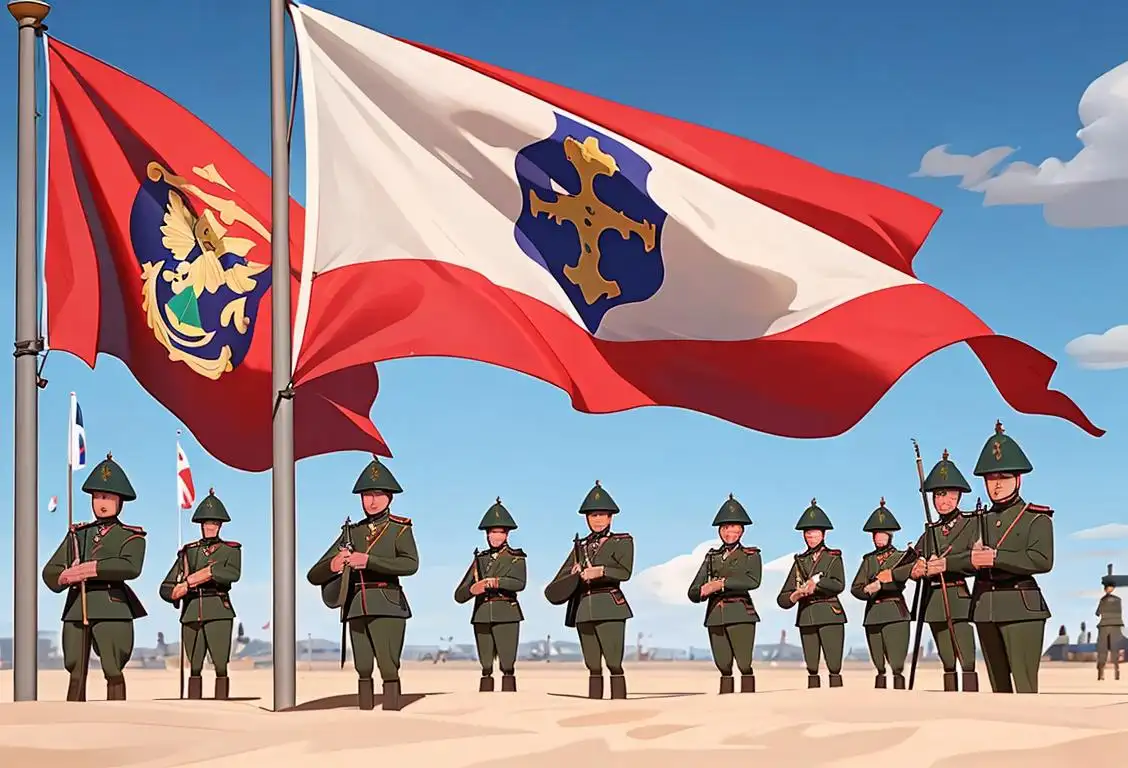National Funeral Director And Mortician Recognition Day

Welcome to the wacky world of National funeral director and mortician recognition Day! On this special day, we pay tribute to those remarkable men and women who handle the somber task of making final arrangements. Strap on your top hat and grab your embalming tools, because we're about to dive into the fascinating history and peculiar traditions of this unique observance.
When is Funeral Director And Mortician Recognition Day?
It's national funeral director and mortician recognition day on the 11th March.
The Origins of National funeral director and mortician recognition Day
Did you know that National funeral director and mortician recognition Day wasn't always a thing? It took some clever internet users to bring this day to life. Back in 2015, social media exploded with a wave of gratitude towards funeral directors and morticians. People recognized the indispensable role they played in providing comfort and guidance to grieving families. In response to this outpouring of appreciation, a group of online enthusiasts petitioned to establish a dedicated day of recognition. The result was National funeral director and mortician recognition Day, which now takes place on March 11th each year.
Celebrations and Traditions
Many celebrate this day by visiting funeral homes or cemeteries to show their gratitude and support. Some even take the opportunity to learn more about the funeral industry by attending educational events or workshops. Others may choose to send flowers or tokens of appreciation to funeral directors and morticians in their community. It's a chance to let these dedicated professionals know just how much their compassionate service means to us.
A Fun Fact About Funeral Directors and Morticians
Did you know that funeral directors and morticians are masters of multitasking? Not only do they guide families through the funeral planning process and ensure everything runs smoothly, but they also perform delicate embalming procedures and handle sensitive paperwork. Talk about wearing many hats! These skilled professionals truly deserve a day of recognition for their hard work and commitment.
History behind the term 'Funeral Director And Mortician Recognition'
1880
Rise of Professional Undertakers
During the late 19th century, the United States saw a rise in the number of professional undertakers. These individuals were responsible for the preparation and handling of deceased bodies, as well as organizing and conducting funeral services. Before this time, funeral arrangements were primarily managed by the family or local community members.
1882
Introduction of the Term 'Funeral Director'
In 1882, the term 'funeral director' was first introduced to describe professionals who were specifically trained to manage funeral arrangements. This term emphasized the role of these individuals in directing and coordinating various aspects of the funeral, including embalming, transportation, and arranging burials. The term 'funeral director' became widely adopted and quickly replaced other titles, such as 'undertaker' or 'mortician,' which were previously used.
1915
Birth of Mortuary Science Education
In 1915, the first college-level program for mortuary science was established at the Cincinnati College of Embalming. This marked a significant milestone in the professionalization of funeral directors and morticians. The program provided comprehensive training in embalming techniques, body preparation, funeral service management, and ethical considerations. It contributed to raising the standards of the funeral profession and promoting a more scientific and compassionate approach.
1930s
Expansion of Services Beyond Funeral Arrangements
During the 1930s, funeral directors and morticians expanded their services beyond traditional funeral arrangements. They started offering additional support to grieving families, including grief counseling, arranging memorial services, and providing assistance with legal and financial matters associated with death. This expansion reflected a growing recognition of the emotional and practical needs of bereaved individuals and their families.
1946
National Recognition for Funeral Directors
In 1946, the National Funeral Directors Association (NFDA) was established to represent and advocate for the interests of funeral directors across the United States. The NFDA played a crucial role in raising awareness about the important work performed by funeral directors and morticians. It also provided a platform for professional development, standardization, and the exchange of best practices within the industry.
1963
Introduction of the Term 'Mortician'
The term 'mortician' resurfaced in 1963 as an alternative to 'funeral director.' While 'mortician' and 'funeral director' are often used interchangeably, the term 'mortician' carries a slightly different connotation, emphasizing the technical and scientific aspects of the profession. It has since become widely accepted as another term to describe professionals involved in the management and care of the deceased.
Did you know?
Funeral directors and morticians are masters of multitasking, juggling a wide range of responsibilities to ensure everything runs smoothly.Tagged
fun loved ones remembranceFirst identified
11th March 2020Most mentioned on
11th March 2021Total mentions
125Other days
Security Day
Wreaths Across America Day
Odp Day
Championship Over Memorial Day
Suicide Prevention Month Day
Rescue Dog Day
Awareness Day
Medal Of Honor Day
Foundation Day
Defence Day









